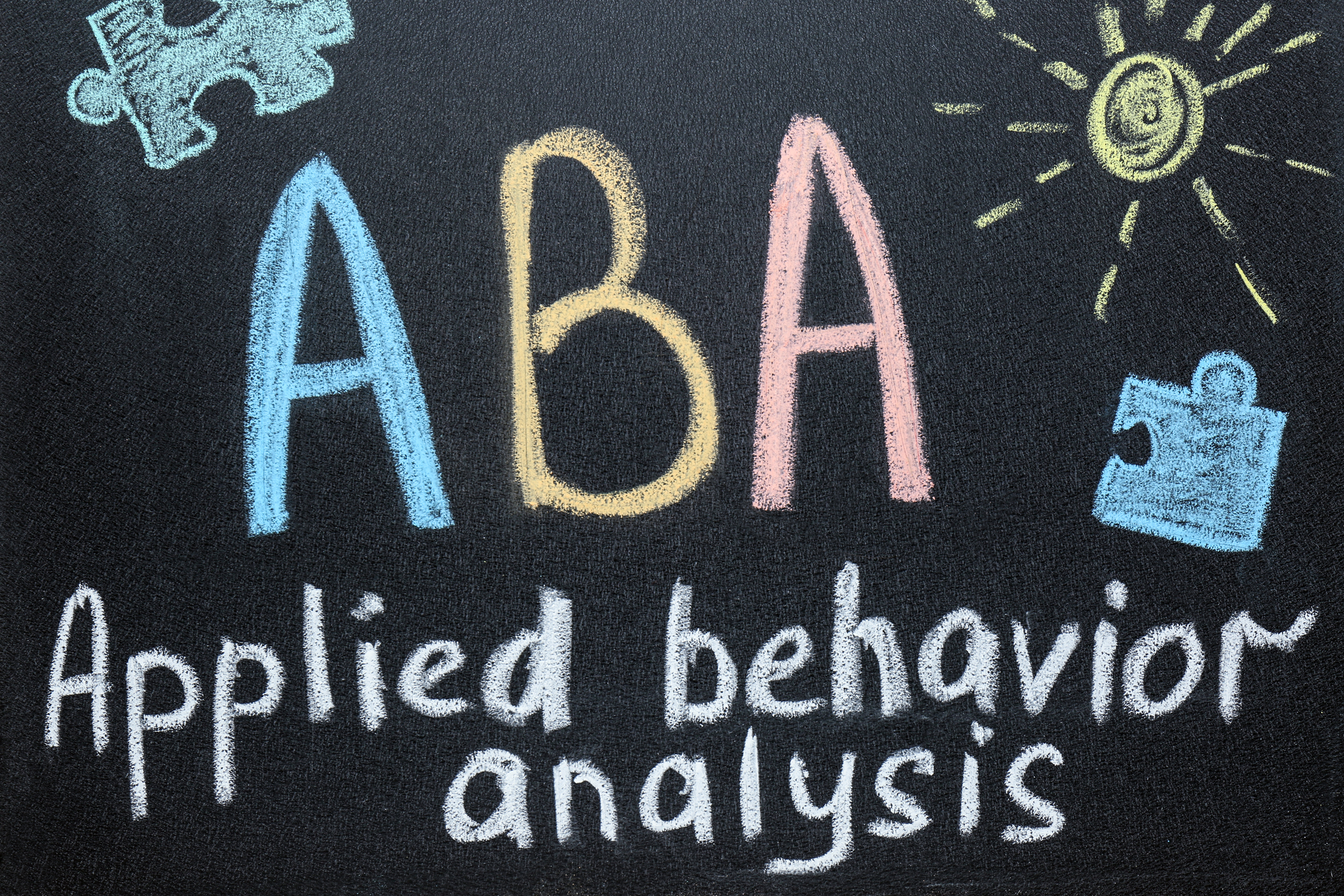It can be hard to figure out how the school system works, especially for parents whose kids have special needs. There are many things you can do to make sure your child gets the help they need in school, from knowing about individualized education programs (IEPs) to fighting for the right accommodations. Our blog post will cover everything you need to know about school advocacy for kids with special needs, with a focus on how Applied Behavior Analysis (ABA) training can help parents along the way.
To be a good school advocate, you need to know how special education works and what rights kids with disabilities have under the Individuals with Disabilities Education Act (IDEA). For example, they need to know about the different kinds of tests and exams that can be used to see if a child needs special education services. They also need to know how to make and use individualized education plans (IEPs). Parental advice and support from ABA therapists can be very helpful during this process. They can help parents understand their rights and responsibilities and speak up for their child’s educational needs.
Parents are very important in making and following through on their child’s IEP once that child is qualified for special education services. This means working with school staff to set realistic goals, choose the right modifications and accommodations, and keep track of growth over time. ABA therapists can work closely with parents to make sure that the IEP’s goals and strategies are in line with the ABA therapy principles and techniques. This way, interventions at home and at school will be most successful.
In addition to speaking up for their child’s specific needs, parents of kids with special needs may also need to push for changes to the school system that will make it easier for all students to be included and get what they need. This could mean pushing for the use of practices that have been shown to work, like positive behavior intervention and support (PBIS) methods, to make the school environment more welcoming and helpful for everyone. ABA therapists can help parents push for these changes by giving them training and information on the best ways to handle behavior problems and help kids in the school.
Parents should always keep in mind that they are not the only ones fighting for their kids. Parents can find a lot of information and support networks to help them figure out the school system and fight for their child’s rights. Parents who get ABA therapy can be put in touch with peer support groups, advocacy groups, and other useful tools that can help them build a strong support system and better handle the difficulties of school advocacy.
Finally, it can be hard to fight for a child with special needs at school, but parents can do it if they have the right information, help, and tools. Applied Behavior Analysis (ABA) training can help with this by giving parents the information, support, and tools they need to understand the special education system and fight for their child’s rights. Parents can make sure their child has a safe and supportive place to learn by working together with the school staff and using tools and support networks that are out there.



